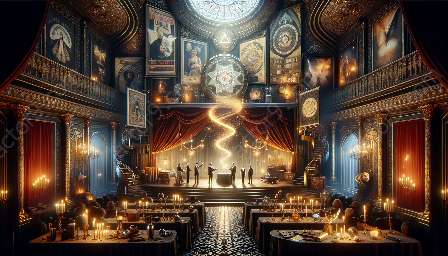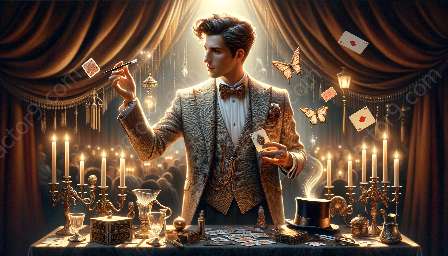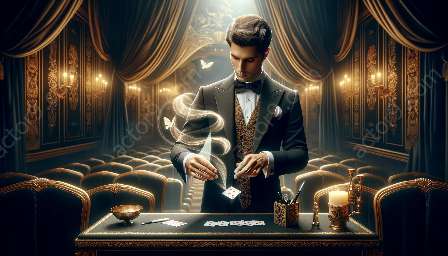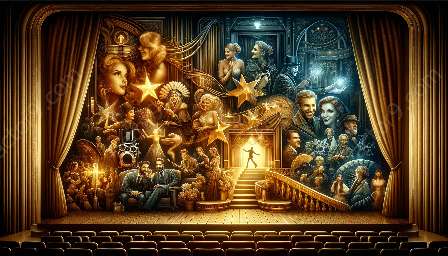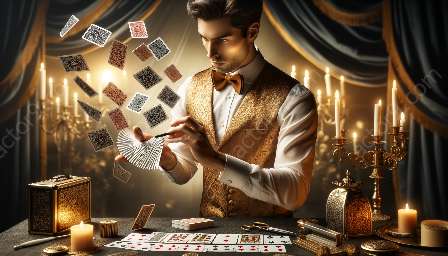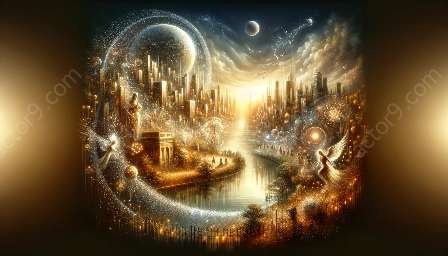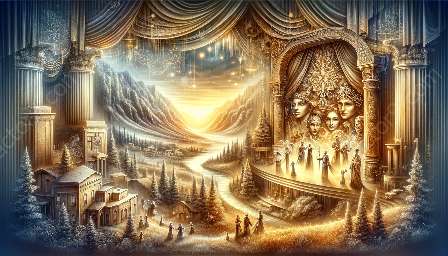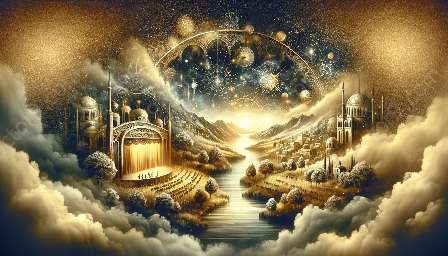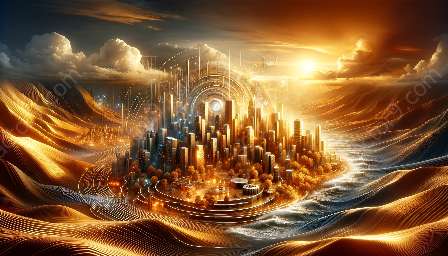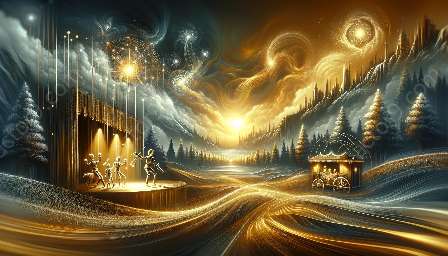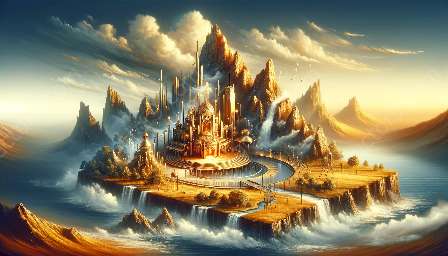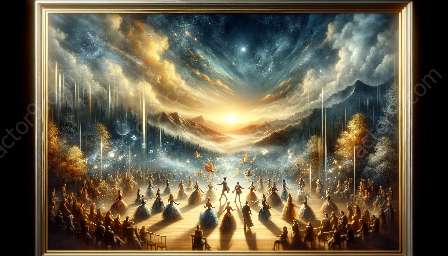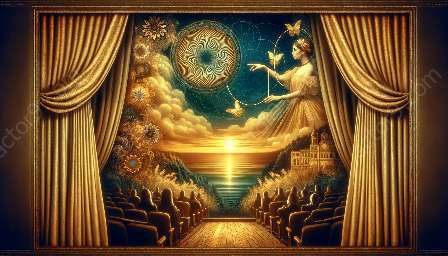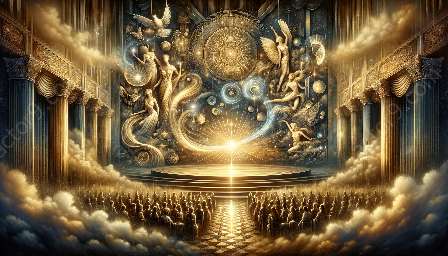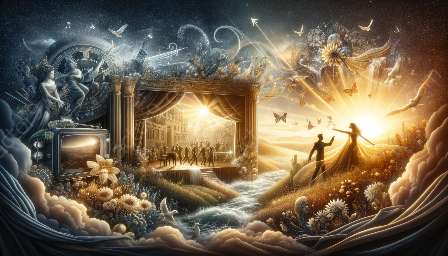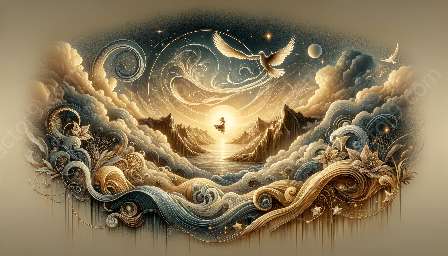Magic and illusion have long been intertwined with religious and spiritual traditions, serving as a bridge between the mundane and the divine. Across different cultures and belief systems, these mystical arts have played roles in rituals, ceremonies, and folklore, often serving as a means of connecting with the divine or exploring metaphysical realms. This article explores the deep-rooted connections between magic, illusion, and spirituality, delving into their historical, cultural, and psychological significance, and their impact on popular culture.
Historical Perspectives
The history of magic and illusion is intertwined with religious and spiritual practices. In ancient civilizations such as Egypt, Mesopotamia, and Greece, magicians and illusionists were revered figures who were believed to possess supernatural powers. Their performances often had religious significance, serving as a form of worship or as a means of communing with divine forces. Similarly, in Hinduism and Buddhism, magic and illusion have been incorporated into religious rituals and meditative practices, with the intention of transcending the material world and connecting with higher spiritual realms.
Cultural Significance
Across cultures, magic and illusion have held cultural significance within religious contexts, influencing art, literature, and folklore. In many indigenous traditions, shamans and medicine men have used sleight of hand and illusion to facilitate healing, communicate with spirits, and maintain harmony with the natural world. In Western religious traditions, such as Christianity and Judaism, miracles and divine interventions are often portrayed as acts of supernatural magic, blurring the lines between the miraculous and the illusory.
Psychological and Spiritual Exploration
From a psychological and spiritual perspective, magic and illusion have served as tools for exploring the mysteries of the mind and the nature of reality. In mystical traditions such as Sufism and Kabbalah, practitioners have sought to transcend the limitations of the ego and perceive the underlying unity of all existence through contemplative practices and mystical experiences. Magic and illusion, whether in the form of visual illusions or mentalism, have provided avenues for individuals to confront their perceptions of reality and contemplate the interconnectedness of the physical and spiritual dimensions of existence.
Magic and Illusion in Popular Culture
The influence of magic and illusion on popular culture is undeniable, with depictions of sorcery, enchantment, and supernatural abilities permeating literature, film, and entertainment. From the spellbinding wizardry of Harry Potter to the mind-bending escapades of magicians and illusionists, these portrayals often draw upon the mystical and spiritual elements of magic, captivating audiences and sparking their imagination. The enduring appeal of magical storytelling reflects humanity's enduring fascination with the transcendental and the supernatural, echoing the age-old connections between magic, religion, and spirituality.
Conclusion
In conclusion, the intricate connections between magic, illusion, and spirituality weave a rich tapestry of human experience, spanning across cultures, traditions, and epochs. Whether viewed through a historical, cultural, or spiritual lens, the allure of magic and illusion continues to captivate and inspire, fostering a profound sense of wonder and imagination. These ancient arts not only entertain and enthrall but also serve as poignant reminders of the enduring quest for transcendence and the eternal dance between the tangible and the ineffable.

